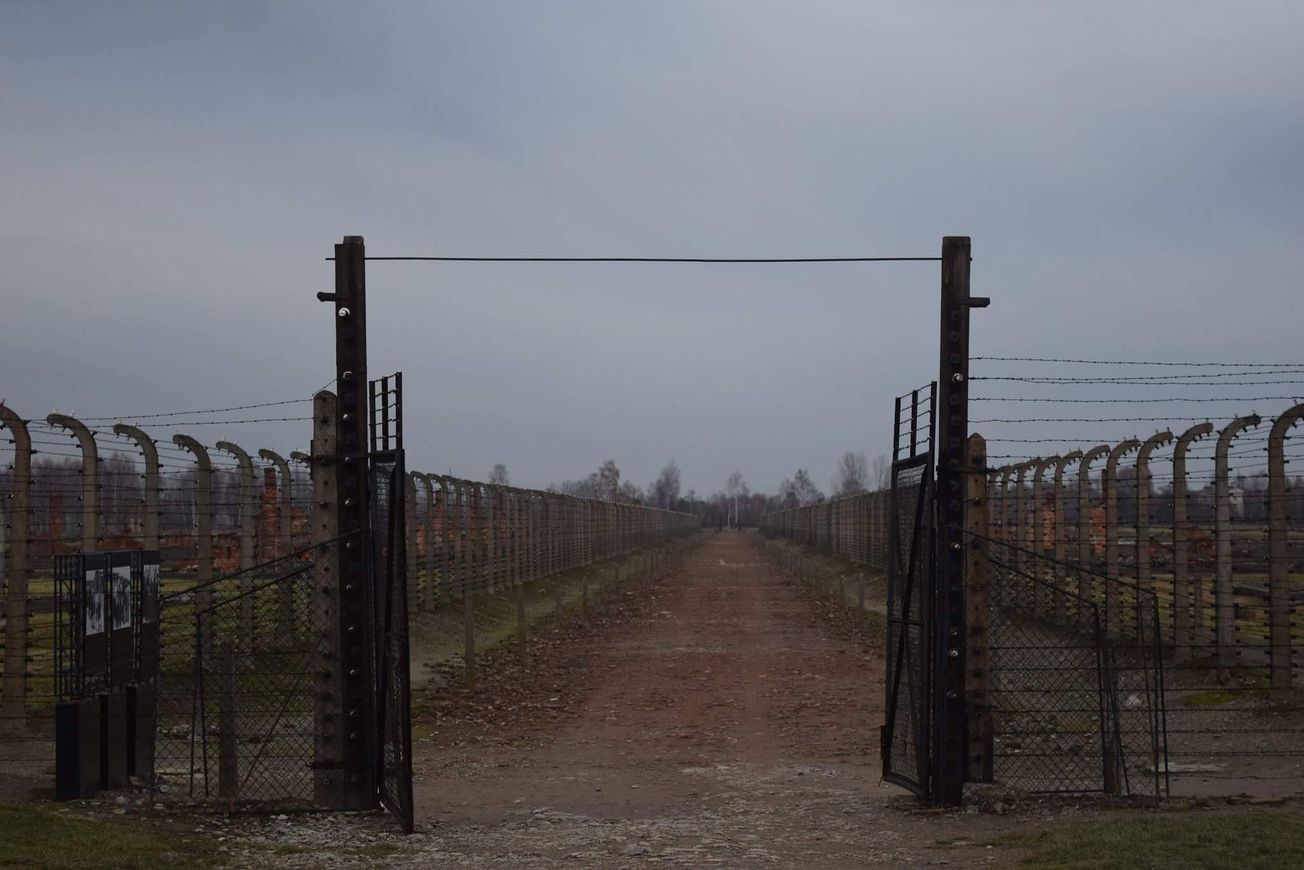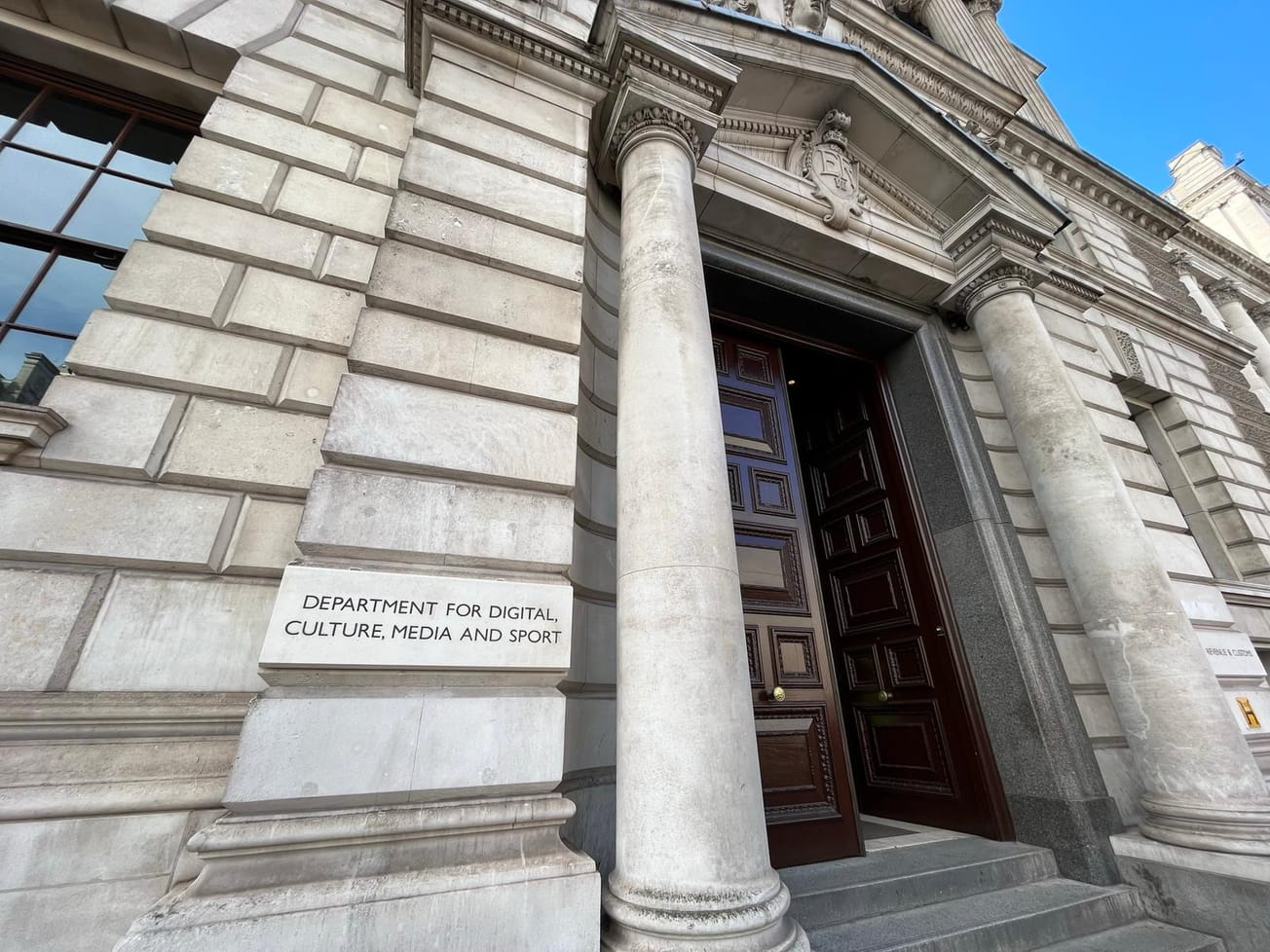By members of Bristol JSoc
Four students at the University of Bristol open up about how the Holocaust has affected them and their families
Emma Russell
I don’t remember the first time I learnt about the Holocaust, but rather, I feel that I have always known about it. Alongside fairy tales and lullabies, my family spoke of the horrors of the Holocaust. My grandma had the misfortune of growing up in Poland during the 1930s and experienced the brutality of anti-Semitism and increasing popularity towards the Nazis. Kicked out of school for being Jewish, living in hiding before being transferred to the Krakow ghetto, and saying goodbye to her father, my great-grandfather, as he boarded the train to Auschwitz are bleak, yet prominent memories in my grandmother’s childhood. I have always been taught about the tragedies of the Holocaust and the importance of respect and tolerance towards those who are different to myself. I am encouraged to embrace the freedom I enjoy living in the UK as a Jew, and feel a sense of pride as being a ‘3rd generation Holocaust survivor’.
Joel Freedman
Holocaust Memorial Day is a day of extreme importance. On this day we remember the genocide of Jews and other minority groups during WWII. I believe that the commemoration of genocide must not end with the Holocaust. This day should inspire us to remember all genocides against all minorities. I have always found it problematic that the West only recalls the horrors of the Holocaust and ignores all other genocides. Surely the tragedies that befall: Rwanda, Armenia, Bosnia and Cambodia deserve to be respected? Holocaust Memorial Day must be a day of education. How can we mourn on this day without acknowledging that genocides are happening right now, in: Darfur, Myanmar, the Central African Republic, Yemen, South Sudan and Syria? On this Holocaust Memorial Day, do not let these atrocities go unnoticed – please educate yourself.
Today is Holocaust Memorial Day. Together, we must learn from genocide, challenge prejudice and create a better future.
— Holocaust Memorial Day Trust (@HMD_UK) January 27, 2019
Watch and share our film for #HolocaustMemorialDay pic.twitter.com/llk5GS3Znh
Sabrina Miller
The Holocaust is in the DNA of my community. The Jewish school that I attended saw it their duty to teach us about the Holocaust and offered Year 12 students a trip to Poland. Every single student in my year attended. For a week we travelled from death camp to death camp, mass grave to mass grave, mourning the unnamed victims. As someone whose family was not directly affected by the Holocaust, I was horrified to see my friends searching for their relatives in the log books of Auschwitz. We walked down the infamous train tracks of Auschwitz, sat in the gas chambers of Majdanek, and mourned at the ruins of Treblinka. Sitting in a gas chamber; walls worn with scratch marks; bricks stained blue with gas, was a surreal experience. 100 Jewish students crowded inside the chamber, caged in by four walls sang “עמ ישראל חי” (the Jewish people live on). We then did something our grandparents never could; we walked out of Auschwitz.
Nina Freedman
It can be difficult for us to connect to the atrocities of history. Hearing an arbitrary number such as six million is certainly shocking but it is as unrecognisable to a millennial as the faces of forgotten victims. So how do we try and relate to the victims of the Holocaust with the number of survivors rapidly dwindling? When I visited Auschwitz with my school, the only thing that could help me make sense of what I had seen was an anthology of Holocaust poetry. The beautiful art forms that can emerge out of a time of such darkness and terror are truly inspirational and reading the poetry penned in the bowels of the concentration camps is chilling. For me, the best way to forge a personal connection with the Holocaust is to listen to the voices of its victims and wonder how they were inspired, in a time of such darkness, to create such art.
On 12 February the University of Bristol’s JSOC and History society in partnership with the SU have organized an event to remember the Holocaust. The BME network, LGBTQ+ network and disabled network are also supporting the event and representing the other groups targeted by the Nazis during the Holocaust. The university will hear from Holocaust survivor John Dobai who will speak about his experiences in Budapest during WW2 and how he survived the Holocaust.
Tickets are available at: http://bit.ly/2Rb50jZ
Featured image: Epigram / Tom Taylor









